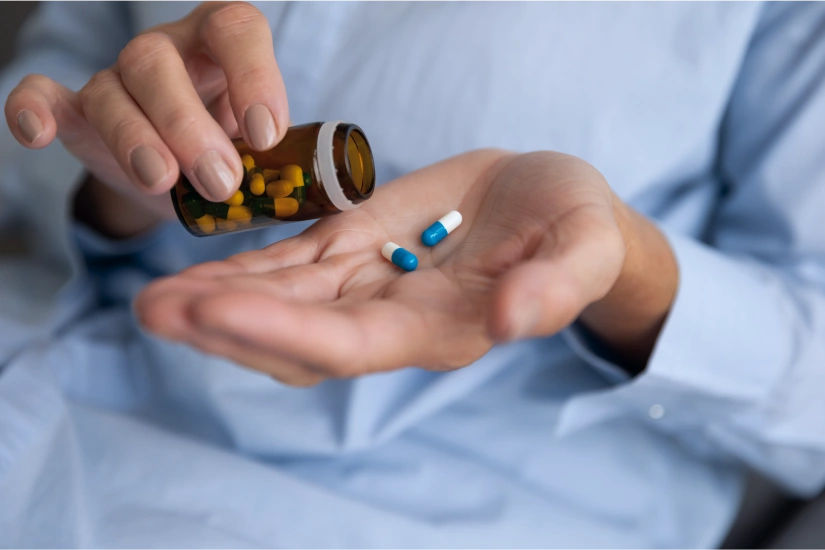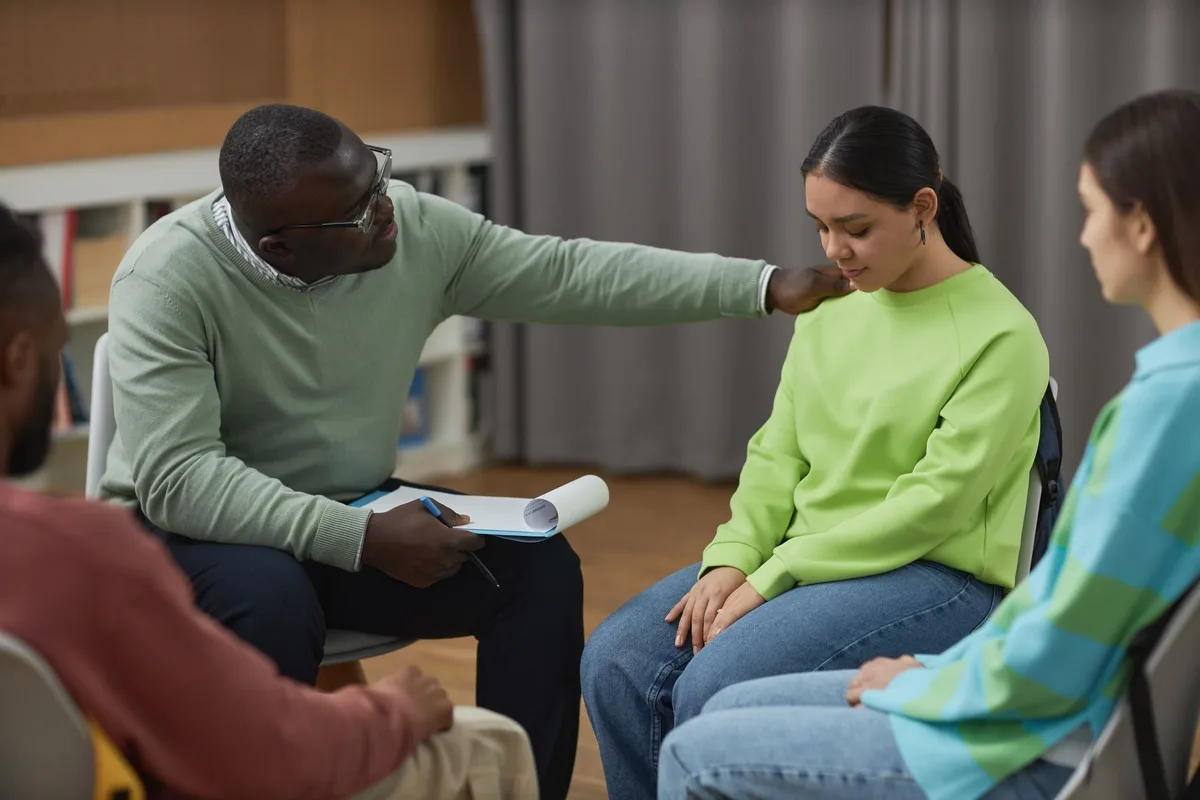24/7 Helpline:
(866) 899-221924/7 Helpline:
(866) 899-2219
Learn more about PTSD Rehab centers in North Charleston
PTSD Rehab in Other Cities

Other Insurance Options

WellPoint

Sliding scale payment assistance

Amerigroup

BHS | Behavioral Health Systems

Medical Mutual of Ohio

Lucent

Ceridian

Choice Care Network

Coventry Health Care

Ambetter

Access to Recovery (ATR) Voucher

Optima

Highmark

Premera

Kaiser Permanente

PHCS Network

Meritain

Providence

Sutter

Evernorth

Crossroads Treatment Centers
Crossroads Treatment Center in Charleston, South Carolina provides effective and caring outpatient r...

Transcendence Treatment Center
Transcendence Treatment Center is a public rehab located in North Charleston, South Carolina. Transc...

Waypoint Recovery Center
Waypoint Recovery Center - Netherby Lane offers outpatient treatment for individuals with alcohol an...











Center for Behavioral Health
Center for Behavioral Health is a private rehab located in North Charleston, South Carolina. Center ...

Positive Feedback Professional Counseling
Positive Feedback Professional Counseling is a private rehab located in North Charleston, South Caro...

South Carolina STRONG
South Carolina STRONG is a non-profit rehab located in North Charleston, South Carolina. South Carol...

AA – Alcoholics Anonymous – North Area Group
AA – Alcoholics Anonymous – North Area Group is a private rehab located in North Charleston, South C...

AA – Alcoholics Anonymous
AA – Alcoholics Anonymous is a private rehab located in North Charleston, South Carolina. AA – Alcoh...

Palmetto Lowcountry Behavioral Health
Palmetto Lowcountry Behavioral Health in Charleston, SC provides a broad range of co-occurring menta...


